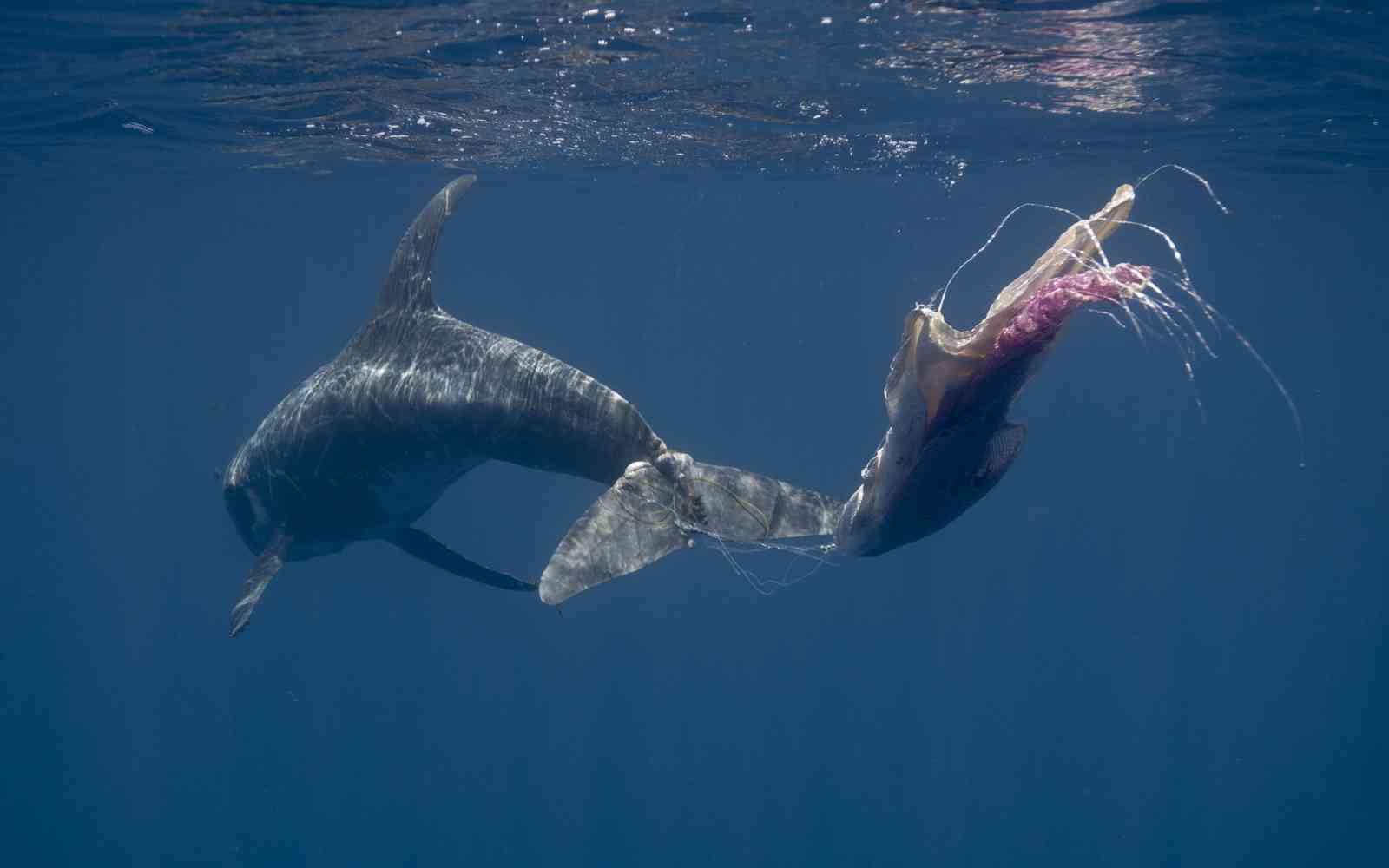The United Nations Office for Project Services (UNOPS)
Improving livelihoods for vulnerable families in rural and urban Afghanistan
Together with partners, UNOPS is supporting urban and rural communities impacted by the economic crisis in Afghanistan.
Development gains made in Afghanistan between 2001 and 2021 are at risk as the country faces a major economic crisis. More than two-thirds of households are unable to cover their basic food and non-food needs. Up to forty per cent of rural populations are still in need of clean water sources. And communities continue to lose access to essential road and sanitation services as they fall into a state of disrepair without necessary maintenance work.
The $265 million Afghanistan Community Resilience and Livelihoods (CRL) Project, funded by the World Bank and the Afghanistan Reconstruction Trust Fund, aims to strengthen community resilience and improve livelihoods. The project will provide short-term employment opportunities for 1 million households in 6,450 rural communities as well as 8 cities across Afghanistan.
The CRL project will work with 5,000 Community Development Councils (CDCs) – community-based organizations composed almost equally of men and women – to select work activities, identify vulnerable households and recruit labourers.
“CRL is an important intervention at this time to generate more livelihood opportunities and income for poor Afghans during this current crisis,” said Susan Wong, World Bank CRL Task Team Leader.
“The project will be supporting CDCs as well as women and vulnerable groups such as persons with disabilities and internally displaced persons through cash support or food packages and/or grain banks,” she added.
As well as increasing incomes for vulnerable households, around 9.3 million Afghans will benefit from improved basic utilities and services such as clean water, sanitation and road rehabilitation.
“Community ownership and involvement are the foundation of the project and will be critical to its success. The CRL project will leverage the capacity of these existing CDCs to further promote inclusive service delivery, especially for women,” said Mr. George.
In compliance with the World Bank’s Assessment and Management of Environmental and Social Risks and Impacts, other relevant environmental and social standards as well as national laws, UNOPS prepared and adopted an Environmental and Social Management Framework for the project. This establishes procedures and methodologies for environmental and social screening and management, review, approval and implementation of investments to be financed under the CRL Project.












